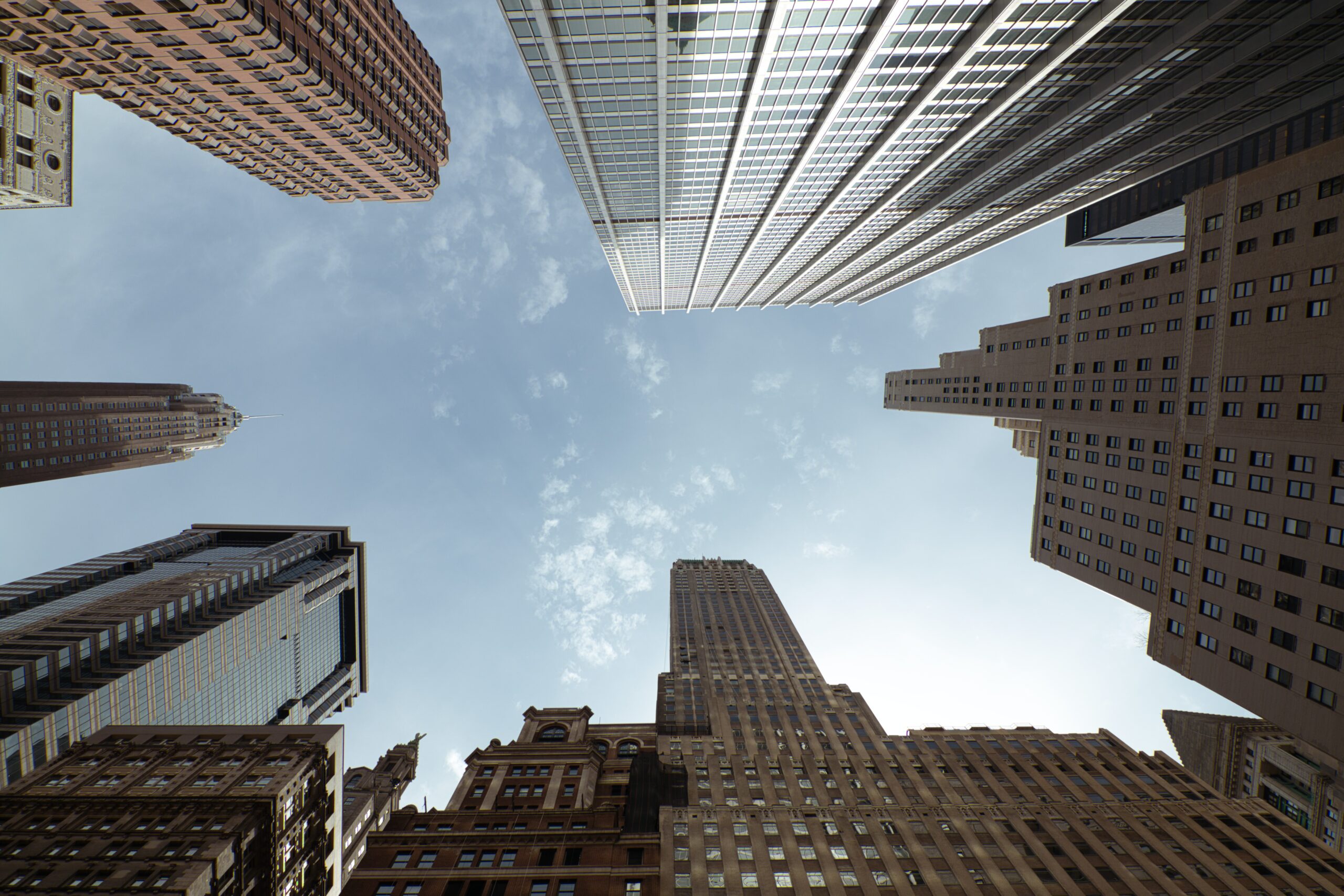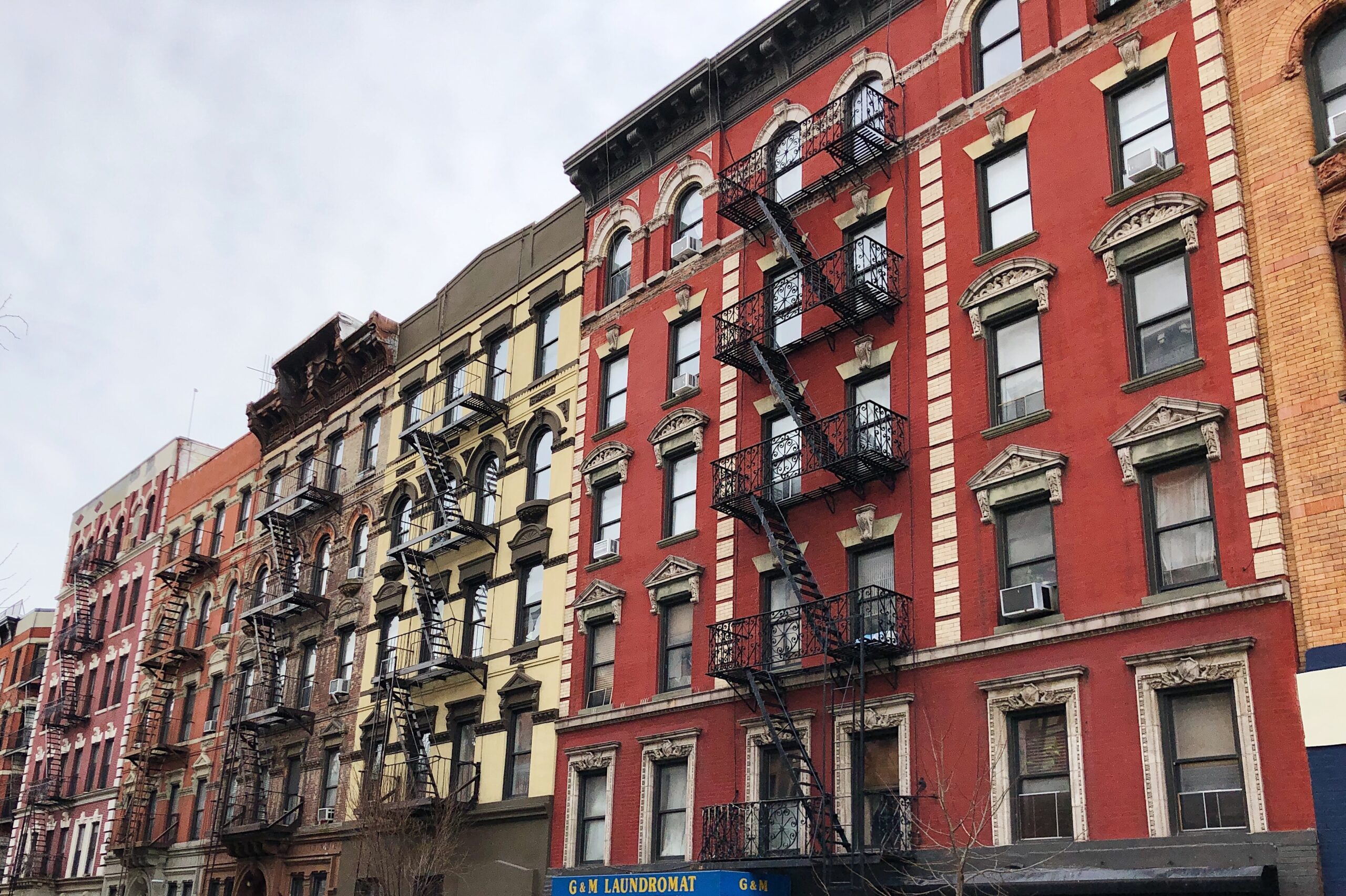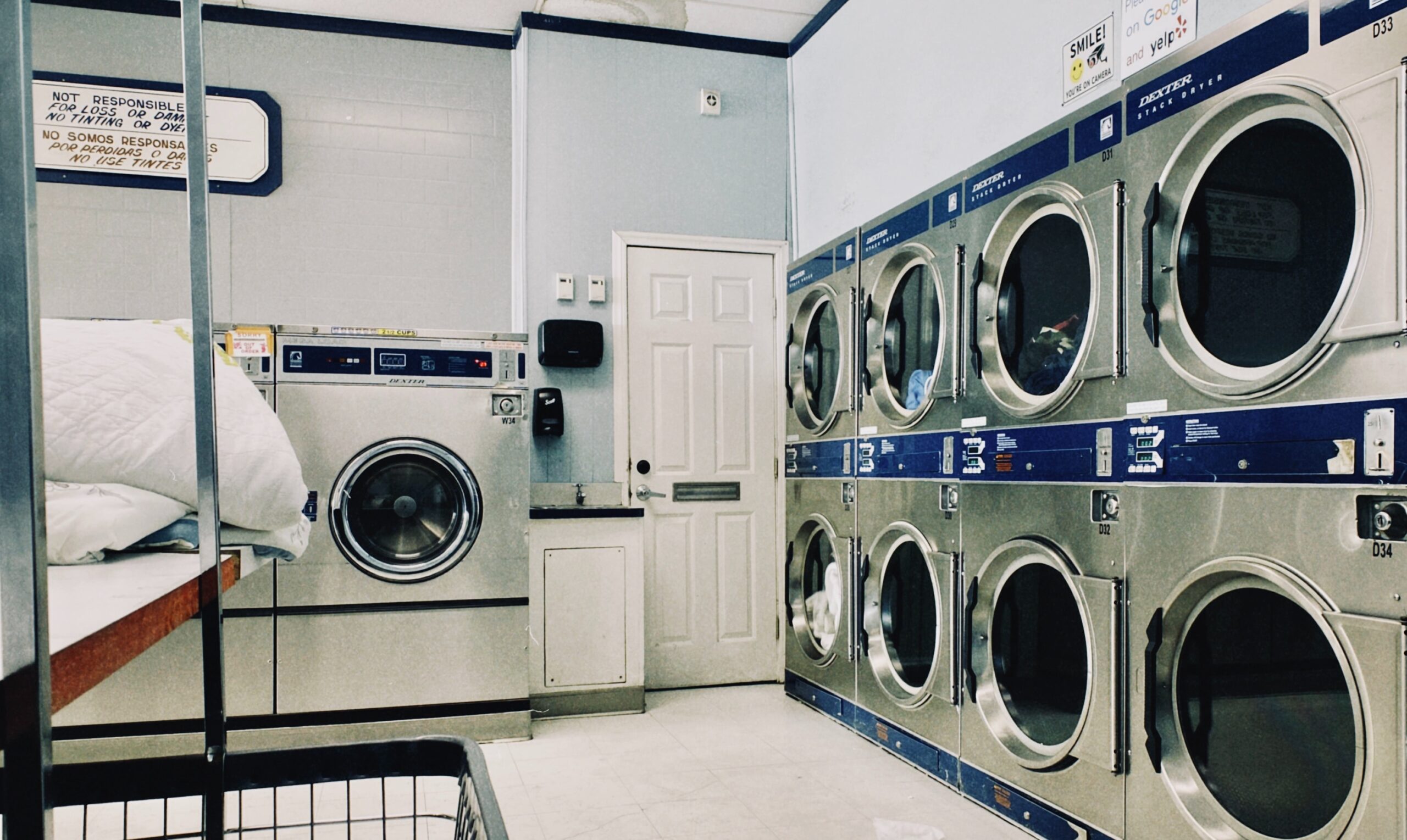Those looking for affordable housing have several options to help afford an apartment in New York City. Between different deals on buildings, plans, and vouchers, you may qualify for different programs based on your income.
Public Housing
The New York City Housing Authority (NYCHA) provides housing opportunities for applicants. As of 2022, the authority houses over 400,000 residents in over 175,000 units throughout the five boroughs.
You can apply if you have an income below the limits outlined by the housing authority. The housing authority reviews applications and selects applicants for an in-person eligibility interview. During the interview, you will review details like your family size and composition, housing priority, and total family income. If approved for submission, the housing authority will send your application to potential landlords.
You may choose your first and second choice of the borough you would like to live in. When a unit that matches your application becomes available, you will receive a notification of availability and will then move forward with renting that unit. You and all household members must pass a criminal background check.
A person who rents a public housing unit pays 30% of their income toward their rent. Preference for housing goes toward those who are either employed or classified as “high-need.” Wait times for housing are long, and the average person not in a priority category waits nine years for a match. Applicants who do not receive an eligibility interview must reapply every twenty-four months.
Recent updates that affect public housing
As of August 2, 2022, New York City mayor Eric Adams proposed a budget that includes $5 billion of funding for affordable housing. The funding will help those who need homes by building more affordable housing units throughout the city. Updated zoning practices will also help incentivize developers to create more residential buildings for affordable housing.
Governor Kathy Hochul recently signed a law to help turn underutilized hotel space into affordable housing.
Section 8
The Housing Choice Voucher program, also known as Section 8, provides eligible renters with a rental subsidy to participate in the private market. Section 8 participants spend 40% of their income toward housing, then NYCHA or another participating provider offers a voucher that covers the additional costs. For example, a Section 8 renter who makes $30,000 a year and rents an apartment that costs $1,000 a month would only have to pay $750 monthly, and the program would pay the difference.
You must meet income limits set by the program and complete an annual certification to stay on the program. You must additionally allow repairs, abide by the terms of your lease, and accommodate inspections.
NYCHA currently provides 85,000 renters vouchers, and 25,000 property owners also participate in the program to give the participants housing options. NYC Housing Preservation and Development (HPD) and New York State Homes and Community Renewal also offer vouchers under Section 8.
Housing Lotteries
If you meet income and household size requirements, you can apply for housing lotteries through NYC Housing Connect. You can input your information on the site and search for available lotteries. If you get selected by the lottery, you must provide your information to confirm eligibility. Once approved, you can then sign the lease on the reduced-price apartment. Housing Connect provides lotteries across all five boroughs. Click here to learn more about the program and how you can apply.
New Affordable Housing Options
Low Income Housing Tax Credits (LIHTC) help finance new affordable housing projects. Prospective tenants must apply to these apartments separately as they become available. Each building may have its income requirements and will price its units individually. The rent increases follow the same guidelines as rent-stabilized apartments.
Recent Developments
New affordable housing opportunities are available in the following buildings:
- Bedford Green House, Bedford Park
- Nevins Street Apartments, Downtown Brooklyn
Public Housing Updates
The 421-a tax incentive provides a tax exemption for buildings that offer affordable housing options. With the incentive, units within the building are rent-stabilized for 35 years. However, the benefits apply to projects that begin between January 1, 2016, and June 15, 2022 and that finish construction on or before June 15, 2026. Under this standard, any buildings completed in the current day (as of August 2022) cannot receive program benefits.
At this point, there is no substantial evidence to indicate that the program will update in its current form.









